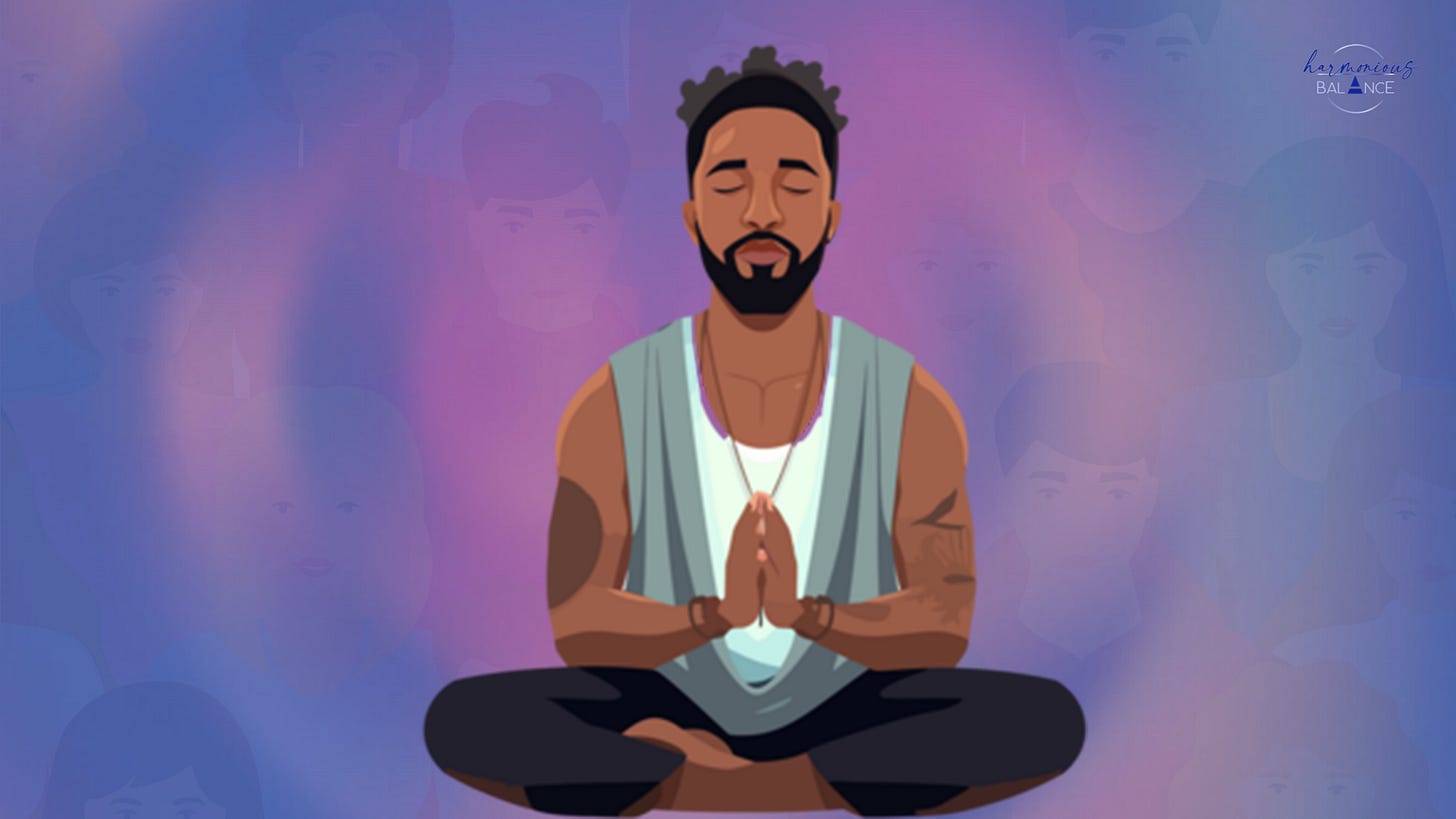Over the years both in my personal and professional life (I’ve actually heard it more on the job), I’ve been told that I bring calm to situations. In fact just last week a woman that was feeling frazzled and on edge touched my arm and said, “You have such a calming energy and I’m leaning into it.” It’s interesting because most of the time when I’ve been given this feedback, I didn’t DO anything or try to FORCE calm on the situation. But I decided to reflect on what I do, outside my natural temperament, my intentions, habits, practices, etc., that produces this calming effect. Here’s what I got for ya…
Set your intention for your interactions with others. I have my own version of the “Hippocratic Oath.”
I come in peace. I mean no harm and bring no ill will. If I can’t help you, I’m definitely not going to hurt you. If I can’t make your day better, I’m not going to make it worse.
LISTEN.LISTEN.LISTEN. Listen to understand the underlying problem. Listen to be a sounding board. Listen to learn the person’s story. Listen to ourselves to understand exactly how we are feeling and responding.
Cultivate a patient attitude. Impatience is unsettling for and unbecoming to everyone.
Prioritize sleep. Sleep deprivation contributes to stress and anxiety. We all know how children can get out of sorts when they are sleepy. The same is true for us as adults. We can get out of sorts as well. It just shows up differently for some of us. Well perhaps not all of us:)
Don’t skip meals. A malnourished brain and body is not good for anyone. Under-eating and eating poorly precipitates or mimics anxiety.
Keep things in perspective. Everything is NOT a 5-alarm fire. No need to respond as such.
Keep a poker face. This is a counseling technique I learned and took to heart in graduate school. My classmates and I were instructed that we would hear some WILD things during our counseling sessions and how we responded could negatively impact our rapport with clients.
Be solution-focused not person-focused. We often conflate the problem with the person. When we adopt #2 and understand the problem, it’s easier to separate it from the person and focus our energy on solutions.
Seek win-win solutions. We often operate with zero-sum thinking and believe that we must not only be the winner in a given scenario but dominate. All this does is heighten anxiety and exaggerate the actual stakes, when every situation is NOT a high stakes situation. Nor is every scenario a zero-sum proposition.
Minimize or eliminate caffeine. I came about this honestly as I never like the taste of coffee and I swore off other caffeinated beverages after suffering a sleep-deprived, Big Slam Mountain Dew induced panic attack during my last finals week before graduating from college. Turns out though that caffeine exacerbates anxiety.
Know that everything is “figure-out-able.” Most problems have a solution and if the problem can’t be solved favorably, then there is usually a path forward that can minimize any fallout. When you understand this you can lessen the amount of energy placed on any perceived impending doom.
Understand and own your personal insecurities. We often project and misplace our inner turmoil onto others, when in most cases the people around us have nothing to do with our insecurities. When we are self-aware and properly cope with our own stuff, we can tamp down on our own anxiety and become less guarded with others.
So there you have it. Committing to just a handful or all of these practices can bring the calm that we so desperately need in our lives.
Onward to Harmonious Balance,
Johanna
For customized content requests, speaking inquiries and/or 1:1 coaching, feel free to contact me.





